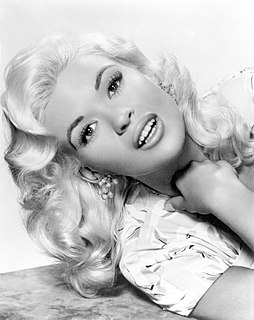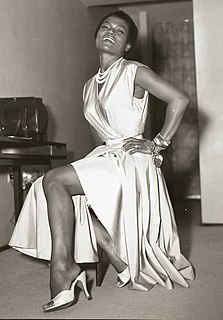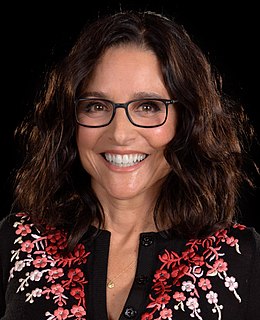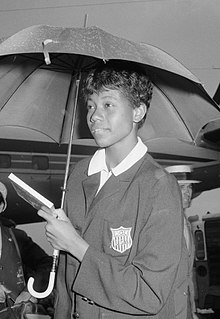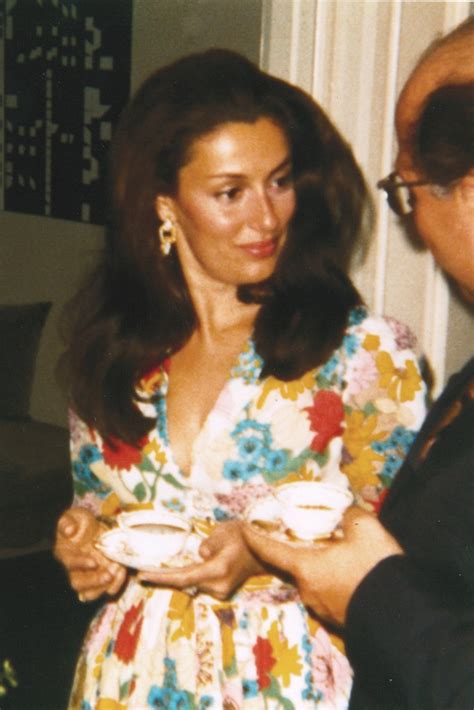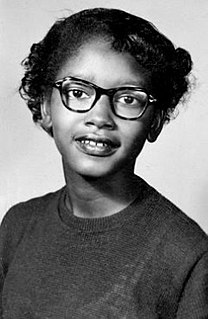A Quote by Peter Matthiessen
I have never figured out how women work but I do know that their skin color has no significance. Black or white, every last one is pretty pink on the inside and they are all impossible.
Quote Topics
Related Quotes
It's a dirty little secret that I'm pretty self-conscious about coloring my own work. I just see so many people who love color more than me that I get freaked out every time I hit Photoshop. Black and white? I know exactly what to do, but color offers a million solutions to problems I don't even know exist.
I don't care what color your hair is, if you're pale or tan, if you have makeup on or just woke up all I care about is that when I look at you, you always look back and see me. You're beautiful inside and out and if you wanted to tattoo all that pretty white skin from head to toe I would be honored to put it there for you but if not I'll take you all smooth and milky white any chance I get.
Brown people and black people and red people swarmed through our great halls, until those who were white looked simply faded-out human beings beside them. Indeed, I came to see that white is not a color in skin any more than in textiles, and if it had not quality, it had no value even for humanity. I saw that color in skin had a certain advantage in strength and warmth as a means of beauty.
Nowadays, people shoot digitally and it's all in color, but you press a button and it all goes to black and white. But it's not lit for black and white. So, it's a tricky thing. If you're going do black and white, you better remember to separate things with light, because color ain't gonna be there.
I did not move into developing or processing color. I stayed with black and white. I still think to this day that I prefer to work in black and white if it has to do with poetry or anything other than specific reality. I have worked in color when I thought it was the appropriate way to express the thought that I was working on.






